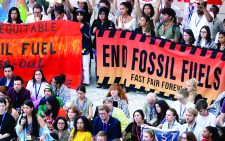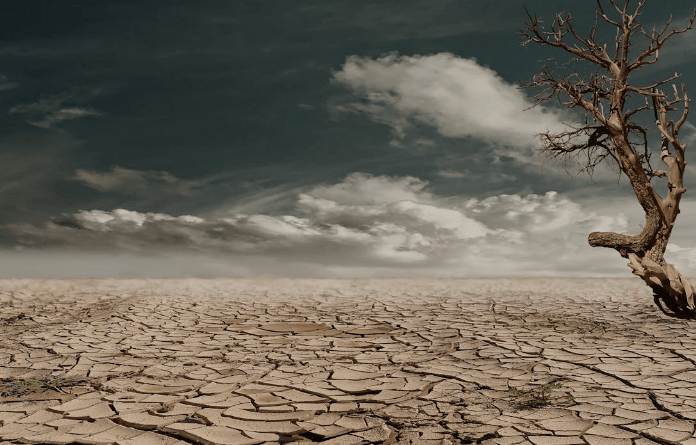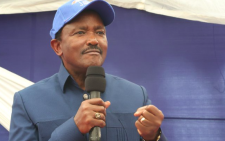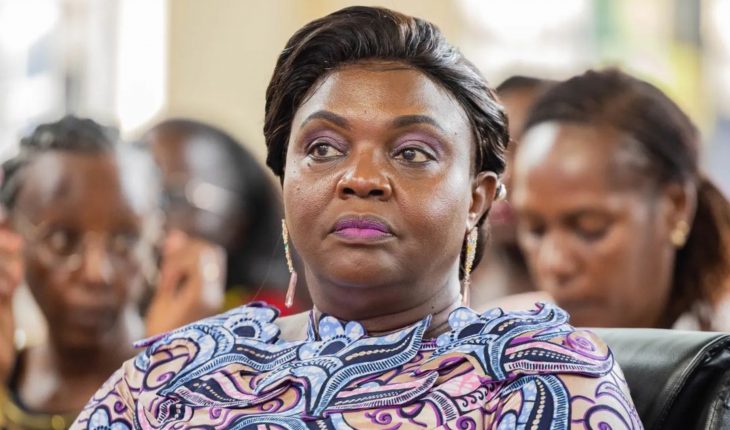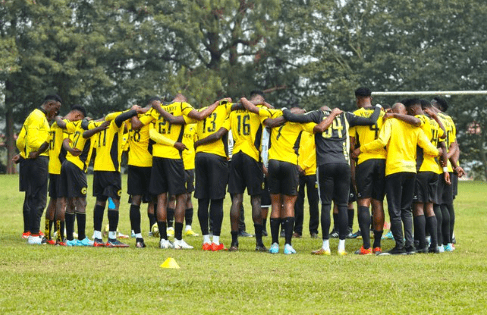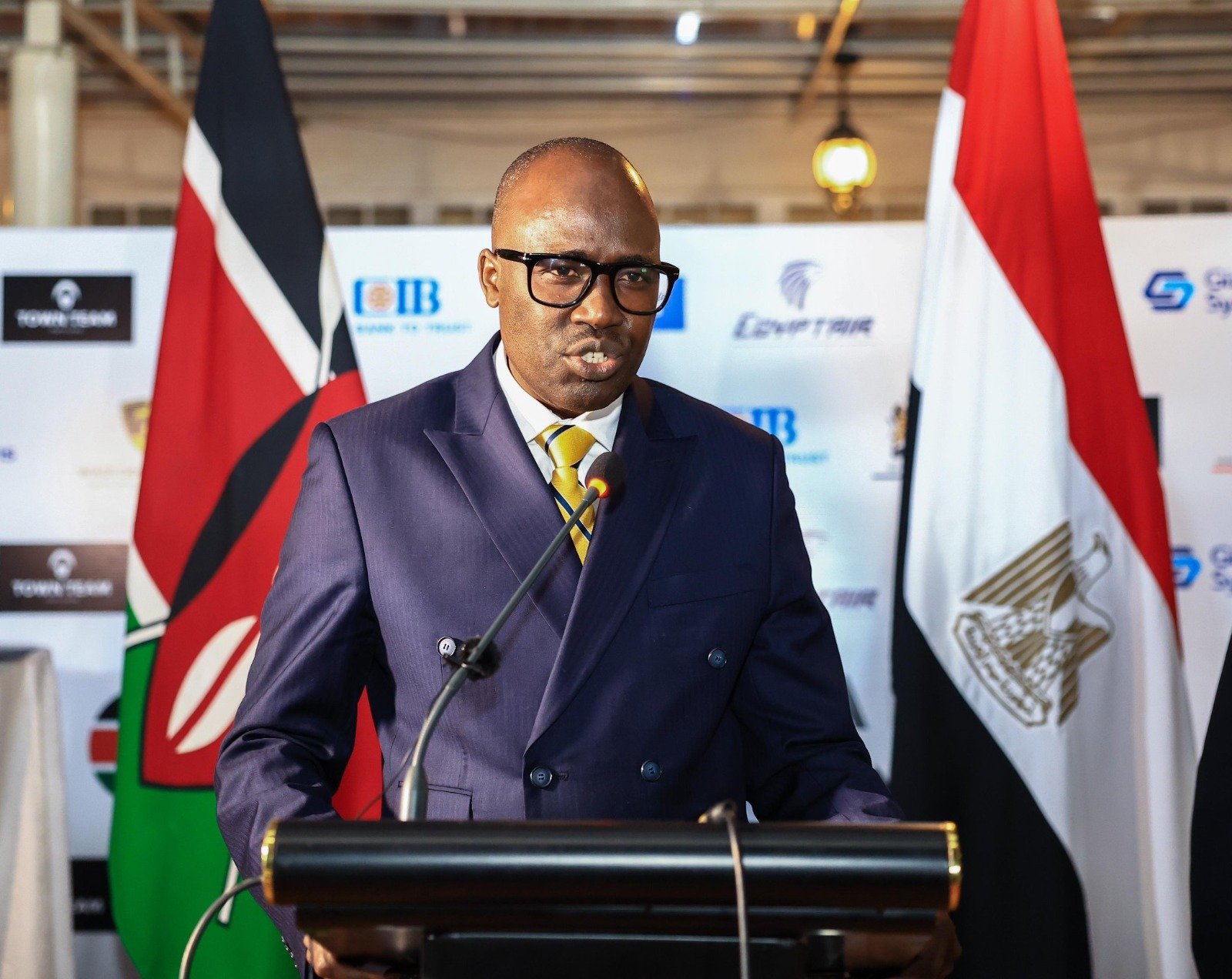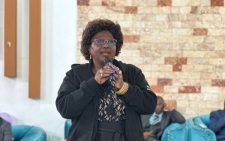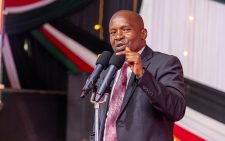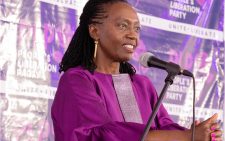Countries get new date to give updated climate action plans
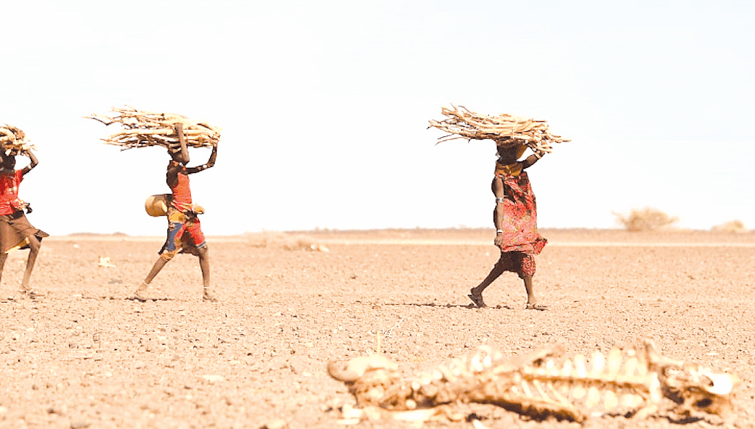
Member countries of the United Nations Convention on Climate Change have been given a new deadline to submit their Nationally Determined Contributions (NDCs).
Only a handful of countries had published the NDCs, updated plans to cut greenhouse gas emissions by 2035 adopted in the 2015 Paris Agreement, ahead of last Monday’s largely symbolic 10 February deadline.
Announcing the new September deadline, UN Climate Change Executive Director Simon Stiell described the plans as among the most important policy documents governments will produce this century, arguing that their quality should be the paramount consideration.
“So, taking a bit more time to ensure these plans are first-rate makes sense,” Stiell said last Thursday in Brazil. The port city of Belém, in Brazil, will host this year’s COP30 climate summit after COP29 in Baku, Azerbaijan.
Stiell said countries needed to submit NDC climate targets by September, to be included in a UN assessment of planned emissions reductions that will inform the COP30 conference.
The new deadline was necessitated after it emerged that only a handful of countries have submitted the plans, known as NDCs to the UN, so far.
Glass half-full
Brazil, New Zealand, the United Kingdom, the United Arab Emirates and the United States- whose plan President Donald Trump is expected to abandon after he announced he would pull the US out of the Paris Agreement as he did in his first term.
“Geopolitical headwinds are not in our favour,” Stiell pointed out while referring to the US quitting the Paris Agreement.
Investments in the clean energy transition, Stiell insisted, are a way to see the glass as “half-full”. China, the European Union (EU) and India are among the big climate polluters that aren’t expected to present their plans until later this year.
Speaking at the same event, COP30 president André Corrêa do Lago said the engagement of actors besides national governments, such as businesses, cities and states, has become “more important than ever” because of important countries now leaving the process.
COP30 will be an opportunity for countries to take stock of their collective ambition and assess how far the world remains from achieving the Paris goals of limiting temperature rise to well below 2 degrees Celsius and ideally no higher than 1.5 degrees Celsius.
More than 170 countries out of the 192-members of UN Convention of Climate Change have told the global organisation they intend to submit new plans this year, a UN official told the authoritative UK-based Climate Home News.
Sofia Gonzales-Zuniga of the Climate Action Tracker, an independent monitor of government action said she was disappointed by the number of plans submitted ahead of the 10 February deadline.
“We hope this marks a turning point,” she said.
US disengagement has dealt a fresh blow to climate action around the world. Argentina is mulling a Paris Accord exit too.
Indonesia had also been rumoured to be contemplating quitting, but the country’s environment ministry insisted participation in the Paris deal had been beneficial to them. The climate envoy grumbled about unfair obligations to cut emissions when the world’s second largest culprit is withdrawing from global climate cooperation.
“Most leaders are kept on their toes by Trump. I’d assume they will only have the mid space for NDCs after the first couple of punches from Washington,” Li Shuo, director of the China Climate Hub at the Asia Society Policy Institute told Climate Home.
Despite the headwinds brought by the US retreat from climate cooperation, Stiell argued that shifting from fossil fuels to clean energy remains in countries’ self-interest because of the colossal scale of economic opportunity it represents. He insisted the Paris Agreement is working to avoid a climate catastrophe, noting that before the global agreement the world was on track for almost 5 degrees Celsius of warming, compared to the current 2.7.
“At the end of the day, it is for countries to nationally enforce and manage,” Stiell stated.
Yet many smaller countries face capacity constraints in developing new carbon-cutting and adaptation plans while meeting reporting requirements under the Paris deal.
Among those most notably missing in action is the COP29 host, Azerbaijan. The country still hasn’t made good on a promise to produce a 1.5C-aligned climate plan despite an initial commitment to do so by COP29.
Freezing fossils
At COP28 in Egypt, countries agreed that the new plans, the third round of NDCs since the Paris pact, should set a specific target for cutting emissions by 2035, cover all sectors of the economy, all greenhouse gas emissions and be aligned with limiting warming to 1.5C. This, scientists and campaigners say, means no new fossil fuel projects.
Early NDCs submissions haven’t reached that level of ambition, however. NDCs are plans that countries create to outline how they will reduce greenhouse gas emissions and adapt to climate change.
Among the organisations helping African countries with NDCs is the Africa NDC Hub, a resource pool that helps African countries coordinate activities to meet the Paris Agreement obligations. The other organisation is the NDC Partnership Support Unit, which helps countries strengthen their capacity to plan, prioritise, and mobilise investments.
The Africa NDC Hub and the NDC Partnership Support Unit are organisations that help African countries develop and implement their NDCs. NDCs help African countries align their climate action with their national development goals. They also help attract public, private, and blended finance to implement their climate action, and build resilience to climate change and natural disasters.
Kenya’s plan
Kenya’s nationally determined contribution for 2024 is an updated plan to reduce greenhouse gas emissions and build climate resilience, which was submitted in 2020 and includes a commitment to reduce emissions by 32 per cent by 2030.
The other NDC commitments are to build climate resilience through adaptation actions, improve energy efficiency and resource use, promote climate-smart agriculture, and make waste management more sustainable.
Actions include increasing the share of renewable energy in the national grid to 100 per cent by 2030, improve energy and resource efficiency across all sectors, enhance climate resilience in local communities, enhance uptake of adaptation technology and incorporate scientific and indigenous knowledge.
On funding, the NDC commits to mobilise domestic resources to meet 13 per cent of the required budget. The NDC requires international support for the other 87 per cent and commits domestic finance to fund 10 per cent of total costs required for adaptation.
The African Development Bank (AfDB) established Africa NDC Hub to serve as a resource pool for African countries to coordinate various sector activities with a view to fulfilling obligations relating to the Paris Agreement.
The Hub focuses funding long-term climate action, mobilising means for implementation and coordination, advocacy and partnerships for the efficient use of limited resources.
Many African countries are faced with developmental challenges such as limited access to markets, lack of competitiveness, fragile economic development, high poverty levels, limited technical capacity and data availability.
These challenges are exacerbated by the continent’s limited ability to manage climate change. However, Africa has enormous opportunities to contribute to the global efforts in combatting climate change. All 54 countries have signed the Paris Agreement and pledged to submit ambitious intended NDCs.
